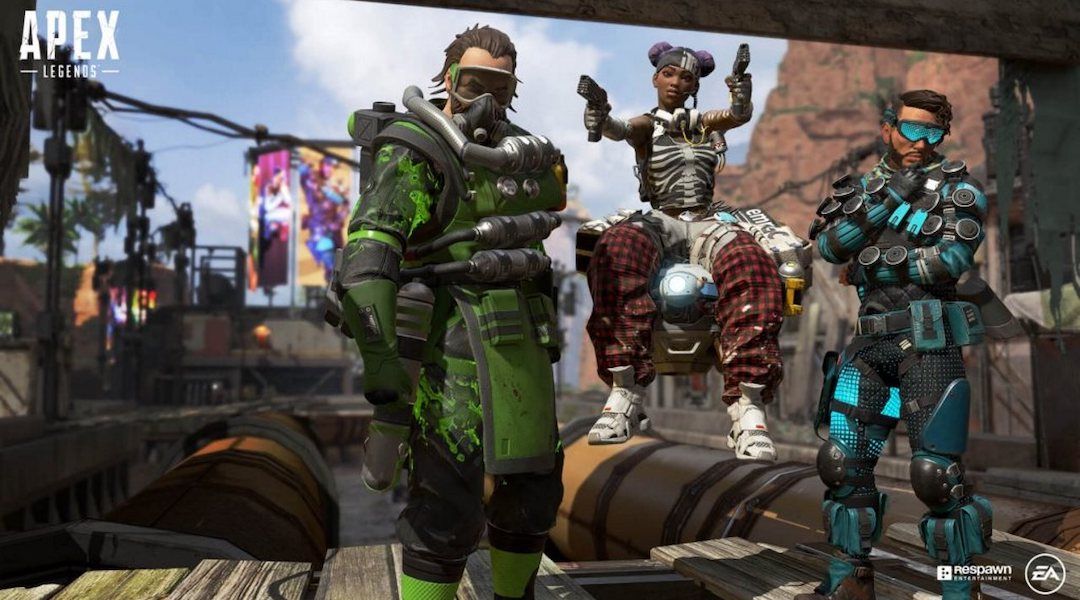A couple of years after its last release, Respawn Entertainment surprised the game industry by simultaneously announcing and launching a free to play battle royale title called Apex Legends. While many other attempts were made and ultimately failed to capture the success of PUBG and Fortnite, Apex Legends continues to grow at a rapid pace having just crossed 50 million players in about a months time. Even though its popularity remains high and content updates continue to arrive at a consistent rate, Apex Legends does suffer from a few issues that negatively sets it apart from its closest rivals.
One user, a YouTuber known as Battle(non)sense, analyzes and tests the more technical aspects of popular video games like the netcode, then posting the results to their channel. With a glut of popular battle royale games currently available, the user took it upon themselves to test out the most popular ones including Ring of Elysium, Call of Duty: Black Ops 4, Fortnite, PUBG, and Apex Legends. Battle(non)sense ultimately tested network delay for all of these games and went a step further by comparing a set list of netcode related features they offer.
Shockingly, the test did not go well for Apex Legends. The test was conducted on the PC version of each of these games at multiple times in the day between two players on the same server with a ping of about 25 milliseconds each. At the end of the day, Apex Legends featured the highest amount of network delay (highest, shortest, and average numbers) between the damage, gunfire, and movement categories. Black Ops 4's Blackout followed next with slightly better numbers but overall much higher than what would be considered normal. Fortnite ultimately came back with the smallest network lag numbers with both Ring of Elysium and PUBG close behind.
In terms of networking features, Apex Legends also came back pretty barebones. As of right now, the game doesn't have Network Warning Icons, it does not favor the shooter limitation for players with more than 200ms ping, and it's missing many standard networking settings like an FPS limiter and a Network Graph or Overlay. Packet Splitting is also set as server to client and sends 5 packets per update, the highest of all the games listed in this test. The more times the packet is split, the higher the chance that the player sees lag or odd behavior. Now, it's worth pointing out that each of the other games in this test also suffered from their own issues, but Apex Legends had negative results in nearly every category tested.
As Battle(non)sense points out, the networking side of the game seems to have been less of a focus than the moment to moment gameplay and fresh take on the genre as a whole. Considering EA is currently looking to hire a senior network engineer for Apex Legends and that the game has garnered a staggering amount of success since it released last month, it's looking likely that many of these issues may be fixed sooner than later.
Even with these potential networking problems, fans continue to flock to the free to play shooter thanks in large part to its engaging gameplay, fun mechanics, and fresh take on the saturated genre. More content could be right around the corner as dataminers have found new details for upcoming characters like Octane as well as a Battle Pass for players to unlock even more content on a seasonal basis.
Apex Legends is available now on PC, PS4, and Xbox One.

